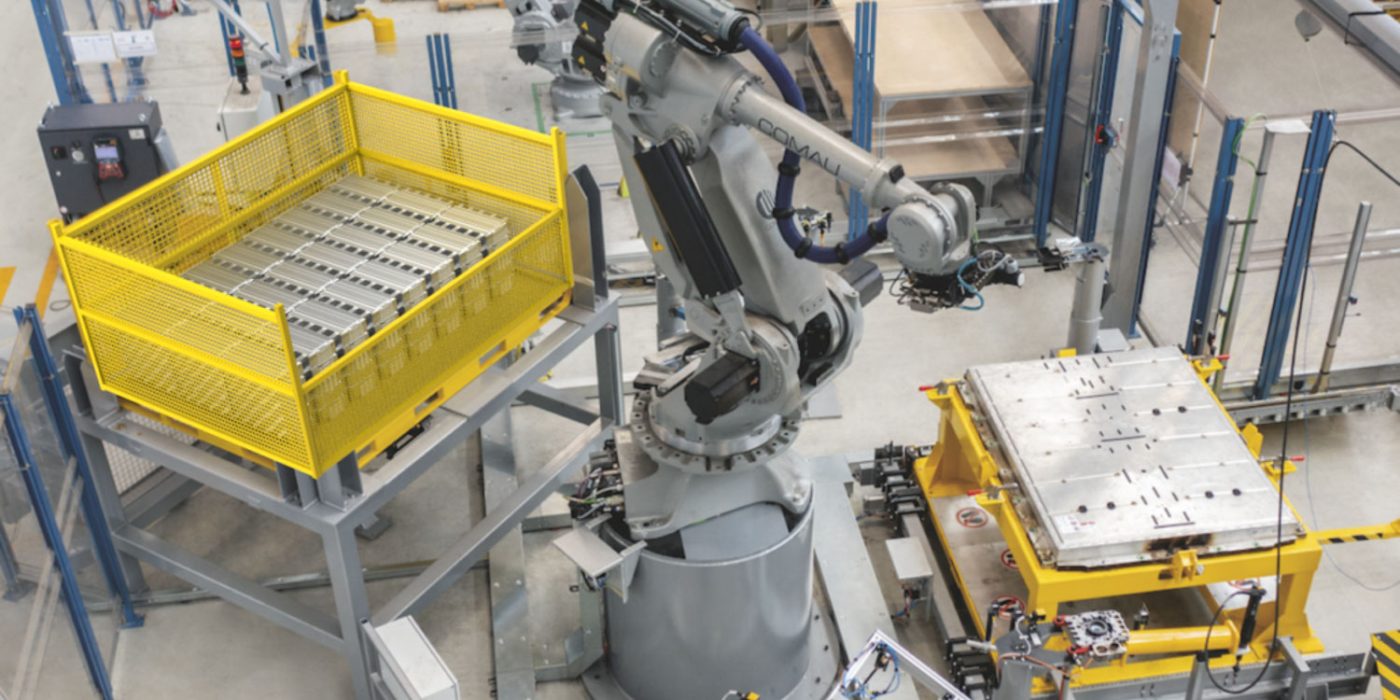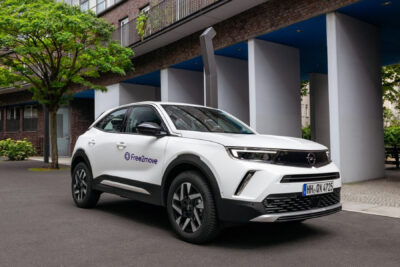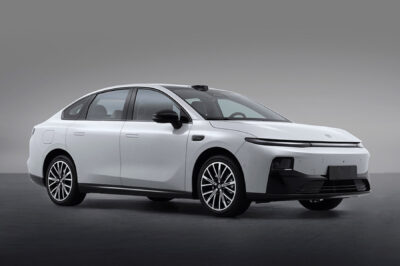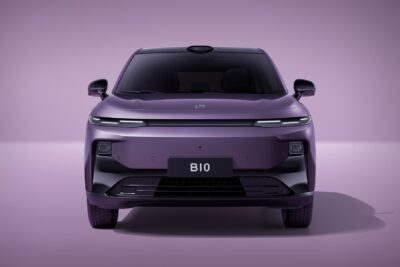Comau develops automated second-life storage line
Italian automation specialist Comau, part of the Stellantis Group, is developing a fully automated system for sustainable battery recycling and second-life reuse as part of the EU’s Flex-BD project.
Flex-BD is a robotic system that automates the entire process of dismantling used electric vehicle batteries with a highly flexible, repeatable and standardisable process, according to a Comau statement. Flex-BD stands for “Flexible Battery Dismantling”.
After validating the proof-of-concept in the first project phase, Comau has expanded the scope to include second-life recycling of car batteries. That should “significantly improve” the previously mainly manual work processes involved in battery disassembly. Robots take over repetitive and heavy tasks and the handling of potentially harmful substances. That should also make the recovery of battery modules and their components more efficient and cheaper.
According to Comau, when recovering modules that are not to be recycled but used in a 2nd-life storage facility, the fully automated handling of the modules represents an enormous safety gain: For recycling, the batteries are completely discharged, which reduces the risk to operators and equipment. However, modules for 2nd-life storage retain a low state of charge, so there is still the risk of a short circuit or other discharge.
A Comau industrial robot of the NJ series is used for the so-called “Flex-BD cell”. “In a typical recycling application, for example, the robot unscrews the battery cover, changes grippers to remove the cover, re-attaches the screwdriver to unscrew the modules and then, using its gripper moves the pieces to a dedicated storage area,” the company describes the process.
“Our work with the Flex-BD project leverages Comau’s long standing automation expertise in the development of flexible, scalable and sustainable processes,” says Pietro Gorlier, CEO of Comau. “By expanding our smart automation solution to include second life repurposing of high-power batteries, many of which have a residual capacity of up to 80%, Comau is making a concrete contribution to the realisation of truly sustainable mobility.”





0 Comments